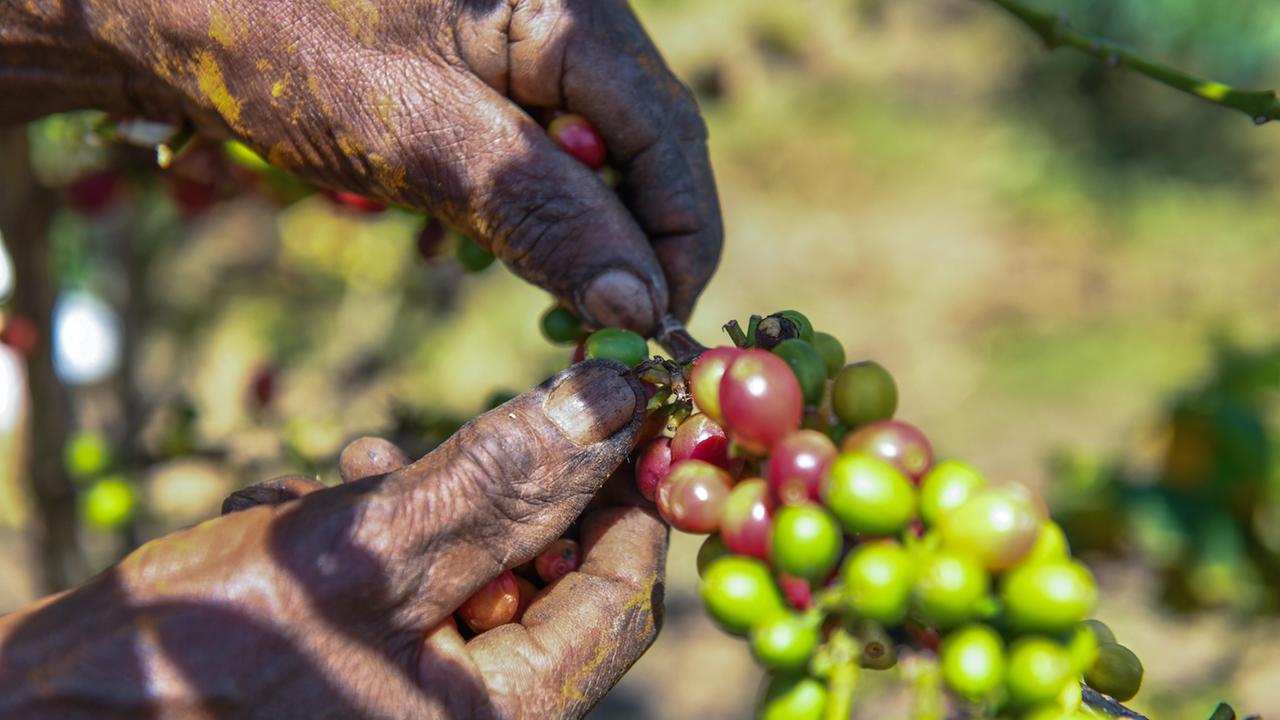The EU Parliament wants to ban products made from forced labor. This could also affect imports from the Chinese province of Xinjiang. Critics say: Without reversal of the burden of proof, the law would be ineffective.
The ban on products made from forced labor has cleared an important hurdle in the EU. The European Parliament voted that the products should be confiscated at the borders and banned from the market. The EU states still have to approve the project. But that is considered a formality.
The EU is also targeting alleged human rights violations in China: The ban is intended, among other things, to affect imports from the Chinese province of Xinjiang, where Western states suspect the exploitation of the Muslim Uighur minority.
How the ban should work
Specifically, the cases should be uncovered by authorities opening investigations if they suspect forced labor in the supply chain of a product. In the event of suspected forced labor within the EU, the authorities of the member states are responsible; outside the EU, the Commission in Brussels is responsible.
If the suspicion is confirmed, the border police should confiscate goods and they should no longer be available for purchase on the European market. Stricter rules should apply to regions and economic sectors in which state-organized forced labor is suspected.
Fines for companies from 2027
The products in question must then be given away, recycled or destroyed. Companies that do not comply with the regulations face fines. Member states must apply the regulation in retail and online trade from 2027.
New database for evidence of forced labor
According to experts, it is particularly difficult to investigate local working conditions and find evidence in cases of state-organized forced labor. The authorities should therefore be able to rely on more general scientific findings.
The EU Commission should now set up a detailed database for this purpose. In the future, states should investigate information provided by international organizations, authorities in partner countries or whistleblowers.
Estimate: A quarter of forced labor is done by children
This could include the Chinese province of Xinjiang. Experts such as China expert Adrian Zenz assume that more than a million Muslim Uyghurs in the region are forced to work and strictly monitored under the pretext of so-called “poverty alleviation” measures.
In a report, the UN Human Rights Council speaks of significant human rights violations and credible allegations of torture and confirms allegations of forced labor of Uyghurs in China. Experts also suspect state-organized forced labor in the cotton harvest in Turkmenistan and in agriculture in Uzbekistan.
In 2021, the EU estimates that 27.6 million people worldwide were affected by forced labor, the majority in Asia and the Pacific. Children therefore make up a quarter.
“Good news for human rights”
With the law, “the European Union is using its market power to combat forced labor worldwide,” said the chairwoman of the Internal Market Committee in Parliament, Anna Cavazzini, welcoming the law. It is “good news for human rights worldwide”, but also for European companies that are currently suffering from dumping imports from regions with forced labor.
The EU parliamentarian Helmut Scholz (Left) said that the decision creates certainty for consumers. “In the future, no one will have to ask themselves whether their morning coffee was produced using forced labor, because such products will then no longer be allowed to enter the internal market,” said he.
“Without them Reversal of the burden of proof the law is ineffective”
During the negotiations, Social Democrats, Greens, Leftists and parts of the Liberals in the European Parliament demanded that the burden of proof be reversed in cases of suspicion of state-organized forced labor.
Companies would have had to prove that there was no forced labor in their supply chains. “Without the reversal of the burden of proof, the law is ineffective,” China expert Zenz also warned. However, there was no majority in favor of this among the member states.
Ban comes “at the wrong time”
The chairman of the Union MPs in the European Parliament, Daniel Caspary (CDU), criticized the law for other reasons. The responsibility should not be shifted exclusively to companies, which are already heavily burdened by high raw material and energy prices as well as bureaucratic requirements. The ban on products made from forced labor “fundamentally comes at the wrong time.”
The German chemical company BASF and the car manufacturer Volkswagen came under pressure in February because they worked with companies in Xinjiang and allegedly used Uyghur forced labor there.
In the USA, companies have a burden of proof
BASF then announced its withdrawal from the region. VW, however, referred to an internal review that found no evidence of human rights violations in its activities in Xinjiang.
A law to prevent Uyghur forced labor has been in force in the USA since 2021. Since then, manufacturers have had to prove that no Uighur forced laborers were used in their production chains. Supporters of the EU law therefore warned that without appropriate European regulation, products from Xinjiang would increasingly be imported into the EU.




